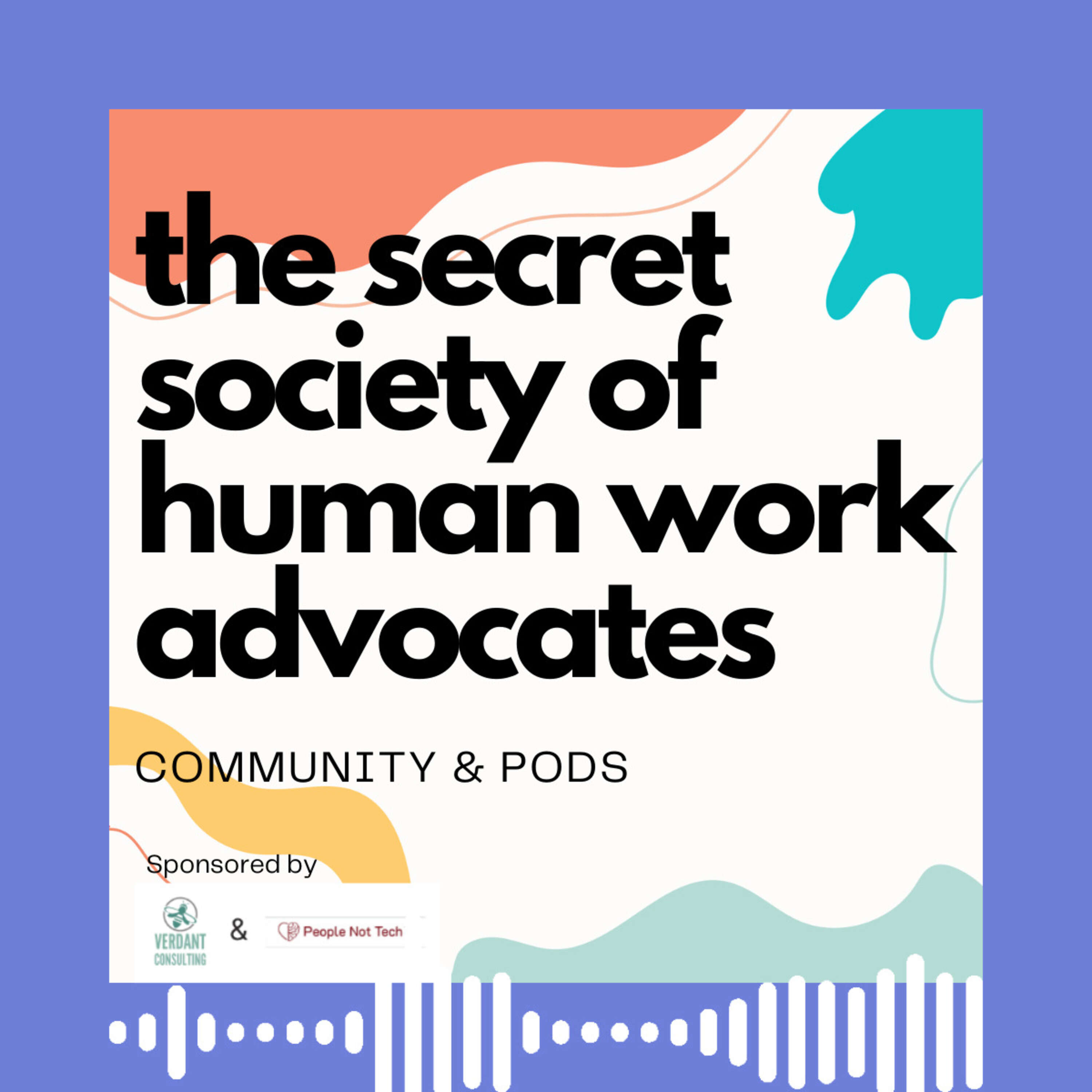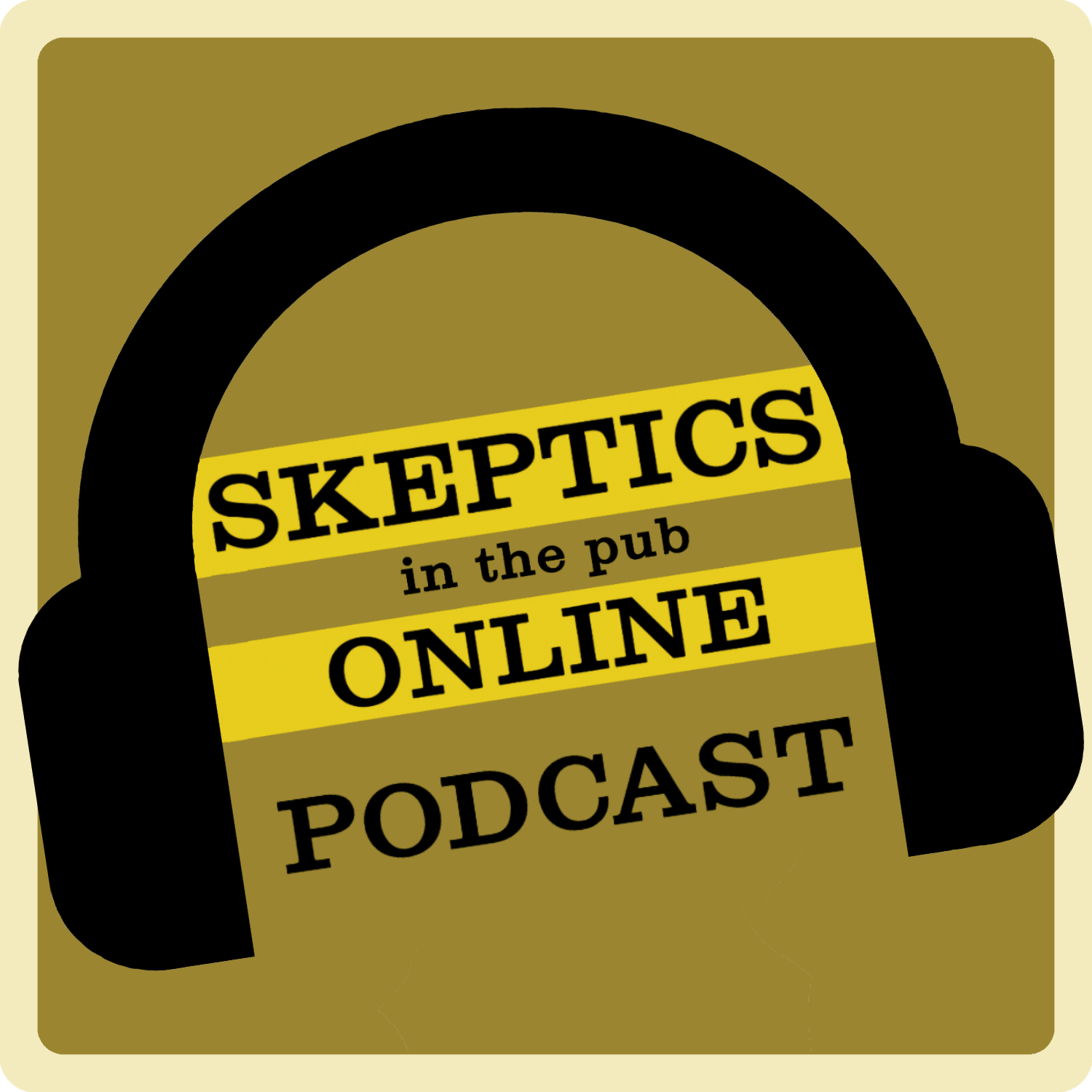- After-Shows
- Alternative
- Animals
- Animation
- Arts
- Astronomy
- Automotive
- Aviation
- Baseball
- Basketball
- Beauty
- Books
- Buddhism
- Business
- Careers
- Chemistry
- Christianity
- Climate
- Comedy
- Commentary
- Courses
- Crafts
- Cricket
- Cryptocurrency
- Culture
- Daily
- Design
- Documentary
- Drama
- Earth
- Education
- Entertainment
- Entrepreneurship
- Family
- Fantasy
- Fashion
- Fiction
- Film
- Fitness
- Food
- Football
- Games
- Garden
- Golf
- Government
- Health
- Hinduism
- History
- Hobbies
- Hockey
- Home
- How-To
- Improv
- Interviews
- Investing
- Islam
- Journals
- Judaism
- Kids
- Language
- Learning
- Leisure
- Life
- Management
- Manga
- Marketing
- Mathematics
- Medicine
- Mental
- Music
- Natural
- Nature
- News
- Non-Profit
- Nutrition
- Parenting
- Performing
- Personal
- Pets
- Philosophy
- Physics
- Places
- Politics
- Relationships
- Religion
- Reviews
- Role-Playing
- Rugby
- Running
- Science
- Self-Improvement
- Sexuality
- Soccer
- Social
- Society
- Spirituality
- Sports
- Stand-Up
- Stories
- Swimming
- TV
- Tabletop
- Technology
- Tennis
- Travel
- True Crime
- Episode-Games
- Visual
- Volleyball
- Weather
- Wilderness
- Wrestling
- Other
The Human Cosmos - Dr Jo Marchant
For most of human history, we have led not just an earthly existence but a cosmic one. Celestial cycles drove every aspect of our daily lives. Our innate relationship with the stars shaped who we are – our religious beliefs, power structures, scientific advances and even our biology. But over the last few centuries we have separated ourselves from the universe that surrounds us. And that disconnect comes at a cost. In her latest book, The Human Cosmos, Jo Marchant takes us on a tour through the history of humanity’s relationship with the heavens. We travel to the Hall of the Bulls in Lascaux and witness the winter solstice at a 5,000-year-old tomb at Newgrange. We visit Medieval monks grappling with the nature of time and Tahitian sailors navigating by the stars. We discover how light reveals the chemical composition of the sun, and we are with Einstein as he works out that space and time are one and the same. A four-billion-year-old meteor inspires a search for extraterrestrial life. And we discover why stargazing can be really, really good for us. It is time for us to rediscover the full potential of the universe we inhabit, its wonder, its effect on our health, and its potential for inspiration and revelation. Jo Marchant is an award-winning science journalist. She has a PhD in genetics and medical microbiology from St Bartholomew’s Hospital Medical College, London, and an MSc in Science Communication from Imperial College. She has worked as an editor at New Scientist and Nature, and her articles have appeared in the Guardian, Wired, Observer, New York Times and Washington Post. She is the author of Decoding the Heavens, shortlisted for the Royal Society Prize for Science Books, and Cure, shortlisted for the Royal Society Prize for Science Books and longlisted for the Wellcome Book Prize. The music used in this episode is by Thula Borah and is used with permission


